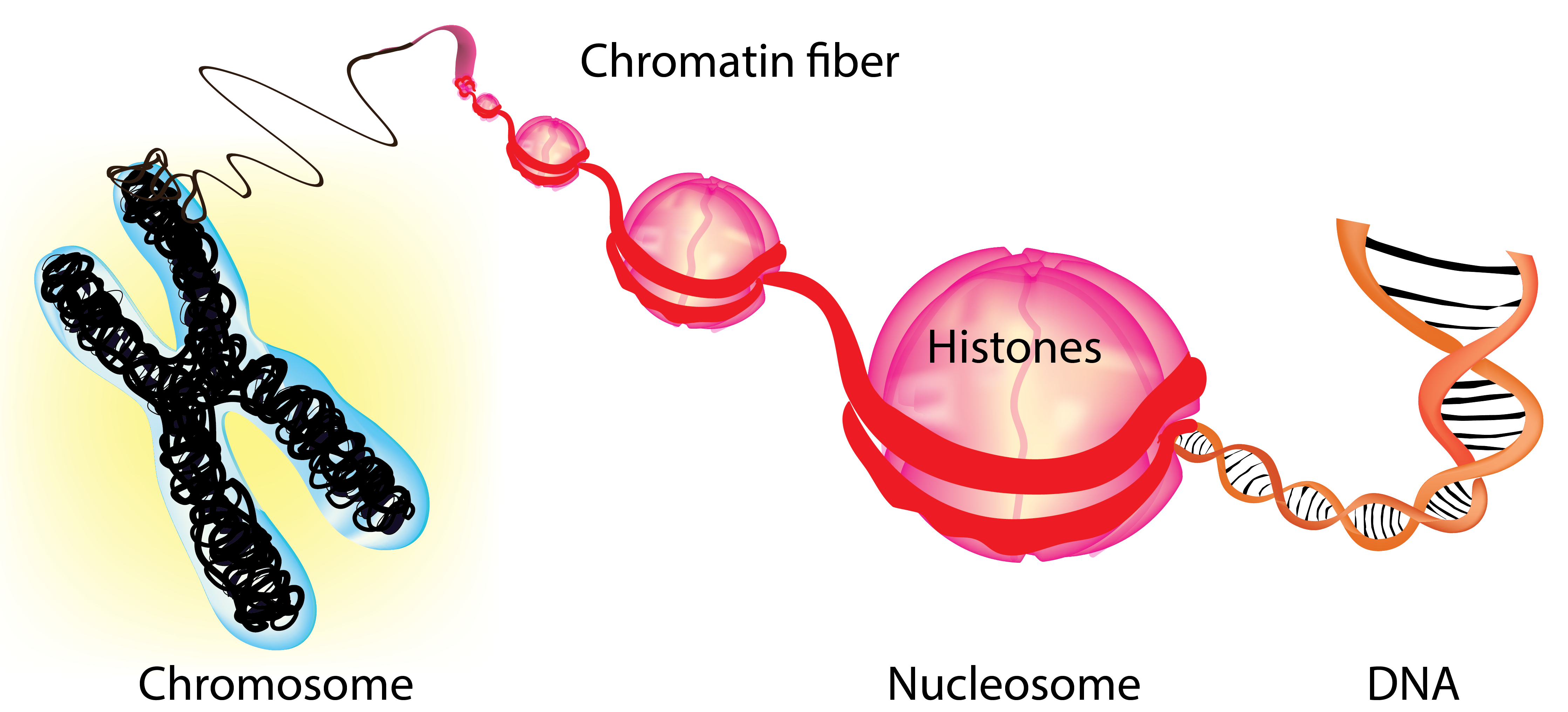Assistant Professor
 |
Department of Genetics, Cell Biology and Anatomy |
Education:
B.S. & M.S., University of Calcutta, India
Ph.D., Southern Illinois University School of Medicine, IL, and UT MD Anderson Cancer Center, TX
Postdoc, Fred Hutchinson Cancer Center, Seattle, WA
Academic Appointments:
Assistant Professor, Genetics, Cell Biology & Anatomy
Associate Member, Fred & Pamela Buffett Cancer Center
Honors and Awards:
K99/R00 Pathway to Independence Award, NIH NIGMS, 2021 – 2026
Research:
The Brahma Lab investigates fundamental mechanisms regulating chromatin structure, how cells use these mechanisms to establish and maintain gene expression programs, and the implications of these mechanisms for human health.
Chromatin is the complex of DNA and histone proteins that organizes our genome into nucleosomes. These nucleosomes regulate access to DNA sequences for regulatory proteins, making chromatin critical in gene expression and other processes. Chromatin-based regulation of gene expression is crucial to the varied functions of cells in our body, and it contributes to epigenetic inheritance. However, defective chromatin regulation can cause developmental disorders and cancer.

A major focus of our research is on ATP-dependent nucleosome remodeling, which modulates DNA accessibility for transcription, replication, and repair and is crucial for cell-type-specific gene expression during development. Dysfunctions in ATP-dependent nucleosome remodelers are common in human diseases, including more than 25% of all cancers and several developmental disorders. Our lab aims to dissect the biochemical mechanisms of ATP-dependent nucleosome remodeling and understand how it integrates with other chromatin regulators and processes to establish and maintain unique chromatin landscapes that define cellular identity. We take a highly interdisciplinary approach utilizing cutting-edge structural and functional epigenomics, biochemistry, and bioinformatics techniques to achieve our research objectives. Ongoing projects include:
- Investigating the structural and functional aspects of how nucleosome remodelers and gene-regulatory proteins such as transcription factors and RNA Polymerase interact with chromatin.
- Determining how chromatin regulators alter histone-DNA interactions in nucleosomes and modify chromatin structure at high spatial and temporal resolution.
- Dissecting the roles of ATP-dependent nucleosome remodeling in establishing new gene expression programs during cell fate changes, such as embryonic development and cancer.
- We also endeavor to advance the field by developing novel methods for investigating dynamic protein-DNA interactions on chromatin.
 |
 |
At the Brahma Lab, we are committed to fostering an inclusive, supportive, and safe environment that promotes discovery and the development of the next generation of scientists at the forefront of chromatin biology and epigenetics research. We strongly believe that diversity drives innovation and creativity. We are committed to building a team that values compassion, fearlessness, and learning from one another to push the boundaries of personal and scientific growth.
Selected Publications:
- Transcriptional-translational conflict is a barrier to cellular transformation and cancer progression (2023). Jana S, Brahma S, et al. Cancer Cell. 2023 41, 1–18. PMID: 37084735.
- RNA Polymerase II, the BAF remodeler and transcription factors synergize to evict nucleosomes (2023). Brahma S# & Henikoff S # (#co-corresponding authors). bioRxiv (preprint). 2023 Jan 22;2023.01.22.525083. PMID: 36711459.
- Epigenome regulation by dynamic nucleosome unwrapping (2020). Brahma S & Henikoff S. Trends in Biochemical Sciences. 2020 Jan;45(1):13-26. PMID: 31630896 – Selected for journal cover.
- RSC-associated subnucleosomes define MNase-sensitive promoters in yeast (2019). Brahma S & Henikoff S. Molecular Cell. 2019;73(2):238-49 e3. PMID: 30554944 – Recommended by Faculty Opinions.
- The Arp8 and Arp4 module acts as a DNA sensor controlling INO80 chromatin remodeling (2018). Brahma S, Ngubo M, Paul S, Udugama M, Bartholomew B. Nature Communications. 2018;9(1):3309. PMID: 30120252 – Recommended by Faculty Opinions; Featured on Nature Communications Editors' Highlights.

